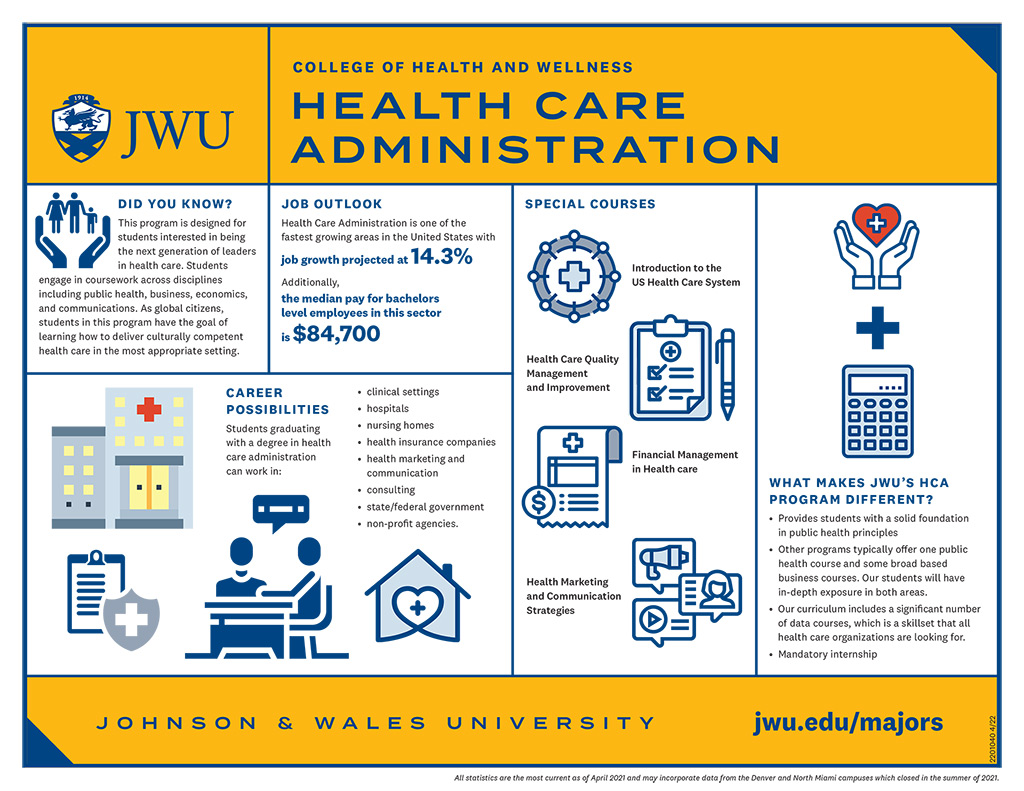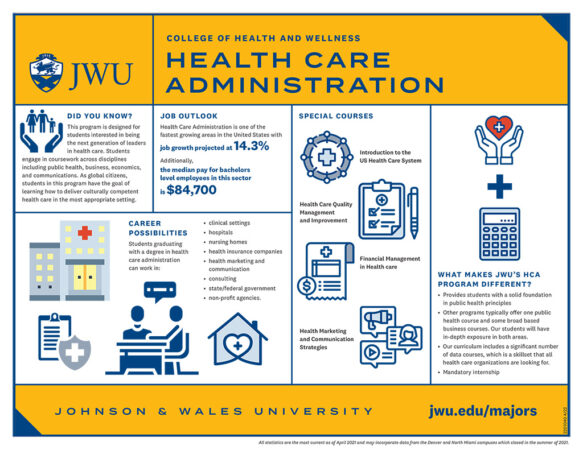
Introduction
The field of health administration encompasses the management and leadership of healthcare organizations and systems. It plays a critical role in ensuring the efficient, effective, and equitable delivery of healthcare services to patients and communities.
A Bachelor of Health Administration (BHA) degree provides individuals with the knowledge and skills necessary to excel in this field. This degree program typically covers topics such as healthcare management, finance, human resources, operations management, and health policy.
Importance of a BHA Degree
Earning a BHA degree offers numerous benefits for individuals aspiring to careers in health administration. These include:
- Strong foundation in healthcare management principles and practices
- In-depth understanding of the healthcare industry and its regulatory environment
- Enhanced career prospects and earning potential
- Opportunity to contribute to the improvement of healthcare delivery
li>Ability to effectively manage and lead healthcare organizations and teams
Program Overview
A Bachelor of Health Administration (BHA) program provides students with a comprehensive understanding of the healthcare industry and the skills necessary to manage and lead healthcare organizations effectively.
The typical curriculum includes core courses in healthcare management, healthcare finance, healthcare policy, and healthcare information systems. Students also specialize in a specific area, such as healthcare operations, healthcare quality management, or healthcare informatics.
Specializations
- Healthcare Operations: Focuses on the day-to-day management of healthcare organizations, including operations management, supply chain management, and human resource management.
- Healthcare Quality Management: Emphasizes the principles and practices of quality improvement in healthcare, including patient safety, risk management, and performance improvement.
- Healthcare Informatics: Combines healthcare management with information technology, providing students with the skills to manage and utilize health data for decision-making and quality improvement.
Career Paths
BHA graduates pursue a wide range of careers in the healthcare industry, including:
- Healthcare Administrator
- Hospital Manager
- Healthcare Consultant
- Healthcare Policy Analyst
- Healthcare Information Manager
Core Competencies
A Bachelor of Health Administration (BHA) program equips graduates with a comprehensive set of core competencies that are essential for success in the healthcare industry.
These competencies include leadership, financial management, and healthcare operations. By developing these skills, BHA graduates gain the knowledge and abilities necessary to navigate the complex and ever-changing healthcare landscape.
Leadership
Effective leadership is crucial in the healthcare field, where administrators must guide teams, motivate staff, and make critical decisions. BHA programs provide students with opportunities to develop their leadership abilities through coursework, simulations, and hands-on experiences.
- Strategic planning and decision-making
- Team building and motivation
- Communication and conflict resolution
Financial Management
Healthcare administrators must have a strong understanding of financial management principles to ensure the financial health of their organizations. BHA programs provide students with a foundation in financial accounting, budgeting, and resource allocation.
- Budgeting and forecasting
- Cost analysis and cost control
- Financial reporting and analysis
Healthcare Operations
Healthcare operations encompass the day-to-day management of healthcare facilities and services. BHA programs provide students with a comprehensive understanding of healthcare delivery systems, quality improvement, and patient safety.
- Patient care management
- Quality assurance and performance improvement
- Health information technology
Career Opportunities
Graduates of Bachelor of Health Administration (BHA) programs enjoy a wide range of career opportunities in the healthcare industry.
According to the U.S. Bureau of Labor Statistics, the job market for health administrators is projected to grow by 20% from 2021 to 2031, much faster than the average for all occupations. This growth is driven by the increasing demand for healthcare services as the population ages and the need for efficient and effective healthcare management.
Career Paths for BHA Graduates
BHA graduates are qualified for a variety of roles in the healthcare industry, including:
- Hospital administrators
- Clinic managers
- Insurance company executives
- Healthcare consultants
- Public health administrators
These roles involve responsibilities such as:
- Planning, organizing, and directing healthcare services
- Managing financial resources
- Developing and implementing policies and procedures
- Ensuring compliance with regulatory requirements
- Advocating for patients and their families
Specializations

BHA programs offer a range of specializations to cater to the diverse career paths within healthcare administration. These specializations provide students with in-depth knowledge and skills in specific areas of healthcare management.
Some of the most common specializations include:
Healthcare Informatics
- Involves the application of technology and data analysis to improve healthcare delivery and outcomes.
- Career opportunities include healthcare data analyst, health information manager, and clinical informaticist.
Healthcare Finance
- Focuses on the financial management of healthcare organizations, including budgeting, revenue cycle management, and investment analysis.
- Career opportunities include healthcare financial analyst, healthcare controller, and hospital CFO.
Long-Term Care Management
- Prepares students to manage and provide care for individuals with chronic conditions or disabilities in long-term care settings.
- Career opportunities include nursing home administrator, assisted living manager, and home health agency director.





